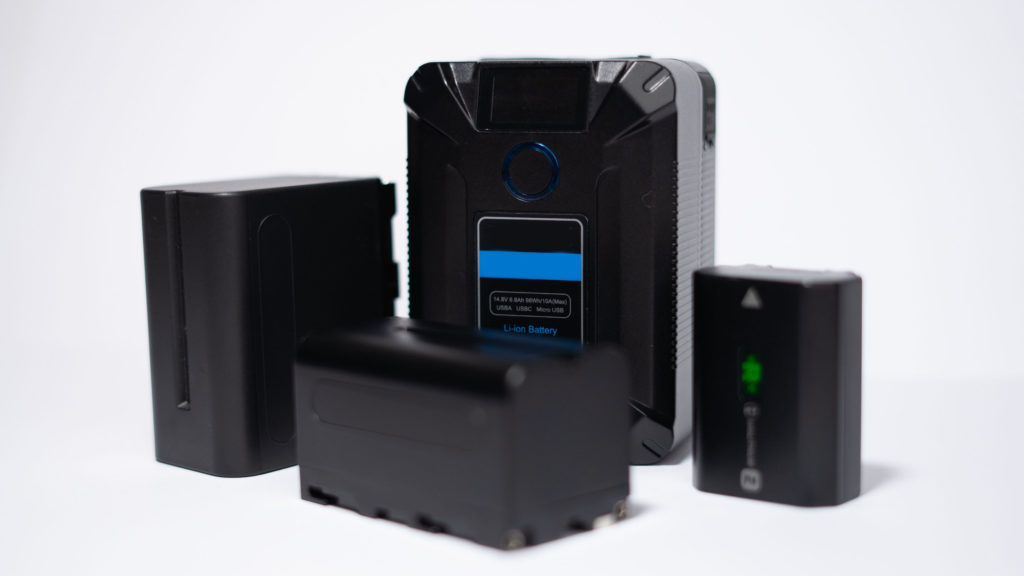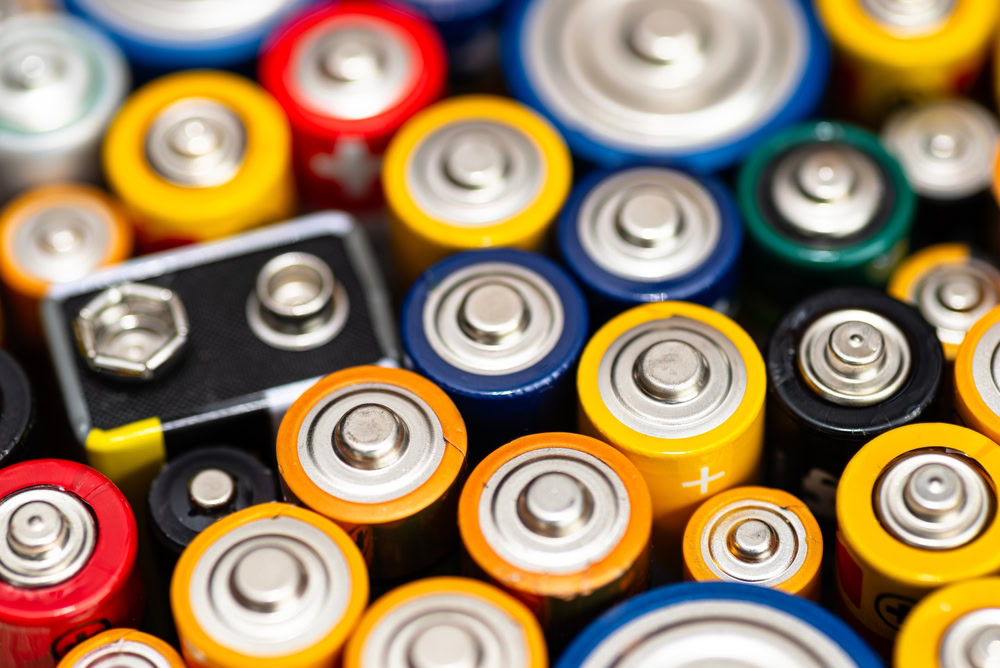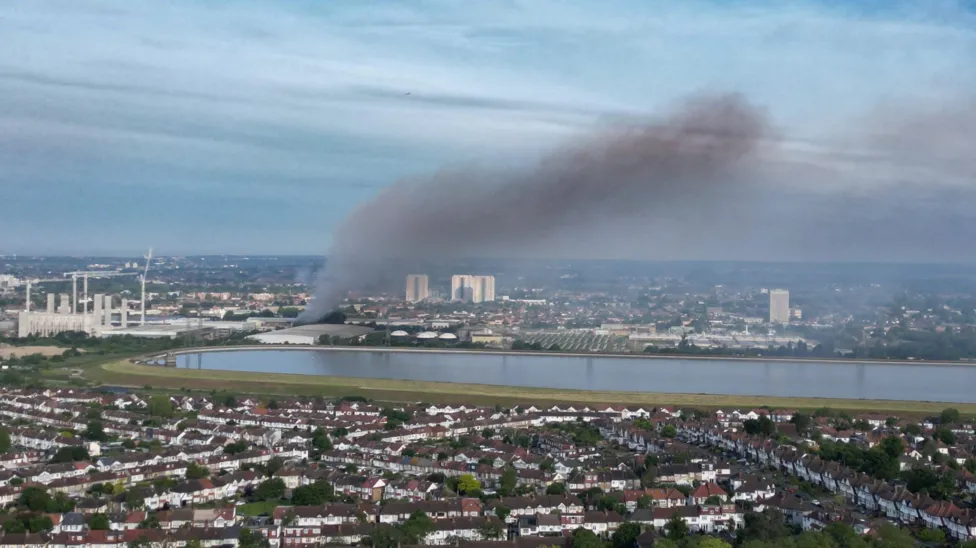The association, which represents more than 280 businesses within the UK’s £7 billion metal recycling sector, said the government should instead instruct councils to carry out separate kerbside collections where residents can also discard of single-use vapes.
A ban would help reduce the risk of serious injury or even death, the BMRA warned.
The call comes amid an “ever increasing” number of fires caused by lithium-ion batteries in recent months, the BMRA says.
The association says it has issued its warning days after the Mayor Of London, Sadiq Khan, outlined concerns about a “surging” number of fires in the capital.
Households
Antonia Grey, head of policy and public affairs at the BMRA, said householders need to be “taken out of the equation as far as possible” when it comes to the disposal of single use vapes and waste electrical and electronic equipment (WEEE).

She added: “The government needs to introduce kerbside collections and it needs to be done before someone is seriously injured or even killed.
“The waste and recycling sector is seeing an ever-increasing number of fires caused by WEEE, including single use vapes, after they’ve been put in either the recycling bin or the residual black bin.
“If they are damaged when being processed, a lithium-ion battery can explode, cause a fire, or even electrocution.”
Lorries
A study carried out by Materials Focus, the not-for-profit organisation funded by the WEEE compliance fee, found that batteries, and often those hidden inside WEEE, have caused more than 600 fires in bin lorries and recycling centres.
Separately, data from the Environmental Services Association (ESA), the trade body for the private waste sector, found lithium-ion batteries were responsible for around 200 (48%) of all waste fires occurring in the UK each year, costing around £158m annually.
The problem is made worse by the lack of information about recycling these items
- Antonia Grey, BMRA
Ms Grey added: “There is currently little understanding amongst the general public as to the dangers posed by incorrectly disposing of lithium-ion batteries and WEEE containing batteries, or indeed how they should be recycled.
“The problem is made worse by the lack of information about recycling these items and the need for the householder to take lithium-ion batteries and WEEE containing batteries to a recycling point rather than have it collected by local authorities.”
Fires
A string of companies and associations in the waste sector have been looking to raise awareness and tackle the issue of fires caused by batteries in recent years.
This includes the ESA, Repic, EuRic, the BMRA and a string of large waste management companies.
Lithium batteries, primarily lithium-ion batteries, are widely used to power devices such as laptops, power tools, mobile phones, tablets, and e-bikes. The increasing use of cordless devices has seen massive growth in the use of lithium batteries.








Subscribe for free